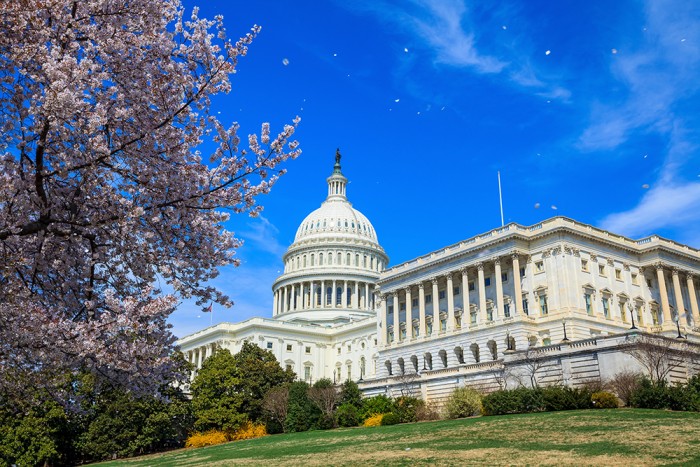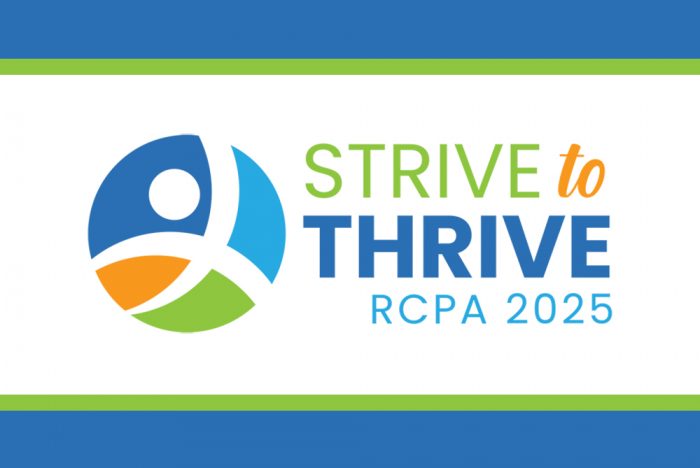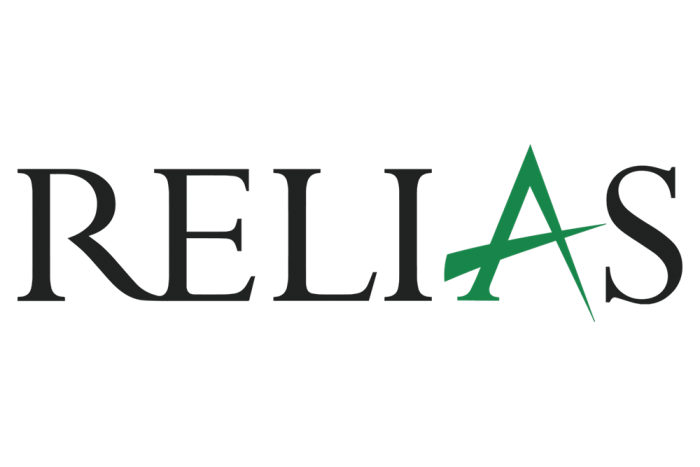We are excited to announce Hill Day 2025!
Hill Day will span two days, with a Public Policy Institute Program on October 7 at the Omni Shoreham Hotel, and meetings on Capitol Hill slated for October 8.
This is a unique opportunity to connect with colleagues from across the country and share your important stories directly with the people who represent you in Washington, D.C.
Last year, RCPA members received the opportunity to learn and develop their lobbying skills through the Public Policy Institute sessions and put them to work meeting with Pennsylvania legislators in a series of meetings and roundtables. The experience was invaluable and created a pathway to advocating in their home districts and events like the RCPA Capital Day.
While Hill visits are open to all, space will limit the Public Policy Institute to 400 registrants.
As RCPA will once more serve as Team Captains for the Pennsylvania delegation, we ask that, when you register, you also contact RCPA COO Jim Sharp. RCPA will be coordinating and communicating with members as the event proceeds.
Register Here
Attendees are responsible for their own travel and lodging; however, hotel rooms can be booked through the Omni Shoreham Hotel at a discounted group rate once you have registered. Group transportation between the hotel and Capitol Hill will be offered at set times.
Note on potential shutdown: If Congress does not reach a spending agreement by September 30, there may be a government shutdown starting October 1. D.C. offices will remain open, however, and staff meetings can still occur. More updates will be provided if a shutdown appears likely.
More details will be forthcoming. We look forward to seeing you there!
Questions:
- Hill Day 2025 Website
- Public Policy Institute, Hill Meetings, or Legislative Asks: Email
- Logistics or Other Inquiries: Email
















